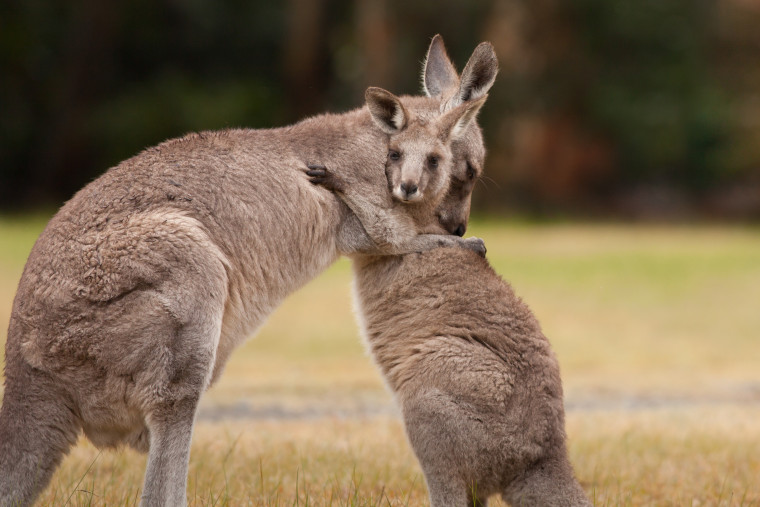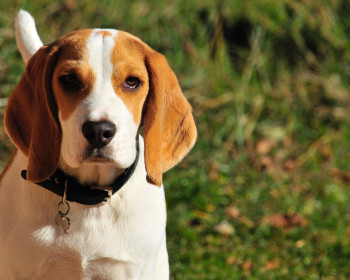My Country is On Fire: An Insider’s Perspective on Helping Australia’s Most Vulnerable Victims
Open gallery

It is difficult to describe the pain and destruction of the Australian bushfires, even while living amongst them. My country is on fire and it feels like we are powerless to stop it.
The bushfires started in the state of New South Wales in November, after three years of unrelenting drought, and they have been raging out of control around Australia ever since. So far, over 12 million acres of the country have been destroyed, which (to put it in perspective) is greater than the land burned in the recent California and Amazon fires combined. Over 1400 homes have been destroyed, and at least 23 people have been killed. Firefighters, many of whom are volunteers, have been fighting the fires for months with no break and are exhausted. In dramatic scenes, the Australian military has been forced to deploy ships and aircrafts to rescue tourists and locals alike who were stranded on beaches, having fled the fires.
For those of us living in major cities, lucky enough to still have our lives and homes, waking up to ominous red skies and hazardous levels of smoke and fog have become the norm. And the scariest part? We are only one month into summer, with no significant rainfall in sight. And when rain does finally does come, scientists are predicting that dangerous flooding and cyclones are ahead.
Of course, we did not get to this situation overnight. A horror bushfire season like this has been predicted by Australian climate scientists for years, if global carbon emissions were not dramatically reduced – and now, here we are.
In the midst of all this devastation, the greatest sufferers have been the Australian animals. Ecologists have estimated that a billion mammals, birds and reptiles have been killed in the bushfires. This death toll is expected to increase exponentially over the coming weeks and months. In addition to those animals killed directly by the bushfires, many more are suffering from burns, starvation and heat stress due to the sudden lack of food and shelter.
The animals killed by the bushfires include some of the iconic native species found only in Australia, such as kangaroos and koalas, as well as livestock who were tragically left in paddocks and sheds as the fires approached. The survival of the Australian koala species is of particular concern given their populations were already seriously in decline prior to the fires due to human development and the effects of climate change.
It is easy to feel hopeless in times like this. I know I have. But the bushfires have also demonstrated the strength of the Australian spirit, and our connection with each other and to non-human animals. What gives me hope? Seeing touching footage of a woman rescuing a burnt koala from the fires using the shirt off her own back. People spending their Christmas holidays sewing pouches and knitting blankets for injured wildlife. Fundraisers for Australian firefighters receiving global support. All of these things give me some small measure of hope that we can rebuild from this.
One small thing I will be doing, together with other members of the Australian Animal Justice Party, is participating in a 10 km charity walk in Sydney on 1 February 2020, to raise money for animal sanctuaries that have been affected by the bushfires. Many of these sanctuaries have been forced to relocate their animals to protect them from the bushfires (at a considerable cost), while others are risking their lives to stay and fight the fires where animals could not be relocated in time. These sanctuaries do not receive any government funding, and are unlikely to receive any fire or drought relief from other major fundraisers to rebuild and continue to care for these animals, so they desperately need our support. Please consider donating to support Australian animal sanctuaries.
Another organisation in need of support is the NSW Wildlife Information, Rescue and Education Service (known as WIRES). WIRES does incredible work rescuing and caring for injured animals all year round, and are under huge strain during this bushfire emergency. Please consider donating to WIRES as one way to help.
Of course, all this means nothing unless we take swift action to address the global climate emergency, and reduce global carbon emissions, which includes taking urgent steps to reduce our reliance on animal agriculture. If nothing else, I hope the ongoing situation in Australia serves as a serious wakeup call for leaders around the world that we cannot afford to wait any longer.
About Tess Vickery
Tess Vickery received her law degree from Macquarie University, Australia with First Class Honors in 2012. Following graduation, she practiced commercial and class action litigation at one of Australia’s top firms. She received the International Society for Animal Rights Helen Jones Memorial Scholarship to study in our Animal Law LLM Program. After completing her degree in 2019, Tess returned to Australia and secured a position as the policy advisor to a member of the NSW Parliament for the Animal Justice Party.
About the Center for Animal Law Studies
The Center for Animal Law Studies (CALS) was founded in 2008 with a mission to educate the next generation of animal law attorneys and advance animal protection through the law. With vision and bold risk-taking, CALS has since developed into a world-renowned animal law epicenter, with the most comprehensive animal law curriculum offered anywhere. In addition, CALS is the only program that offers a Masters of Law in Animal Law and two Animal Law Clinics. CALS is a nonprofit organization and is only able to provide these educational opportunities through donations and grants.
More Center for Animal Law Studies Stories
Center for Animal Law Studies is located in Wood Hall on the Law Campus.
MSC: 51
email cals@lclark.edu
voice 503-768-6960
Center for Animal Law Studies
Lewis & Clark Law School
10101 S. Terwilliger Boulevard MSC 51
Portland OR 97219

